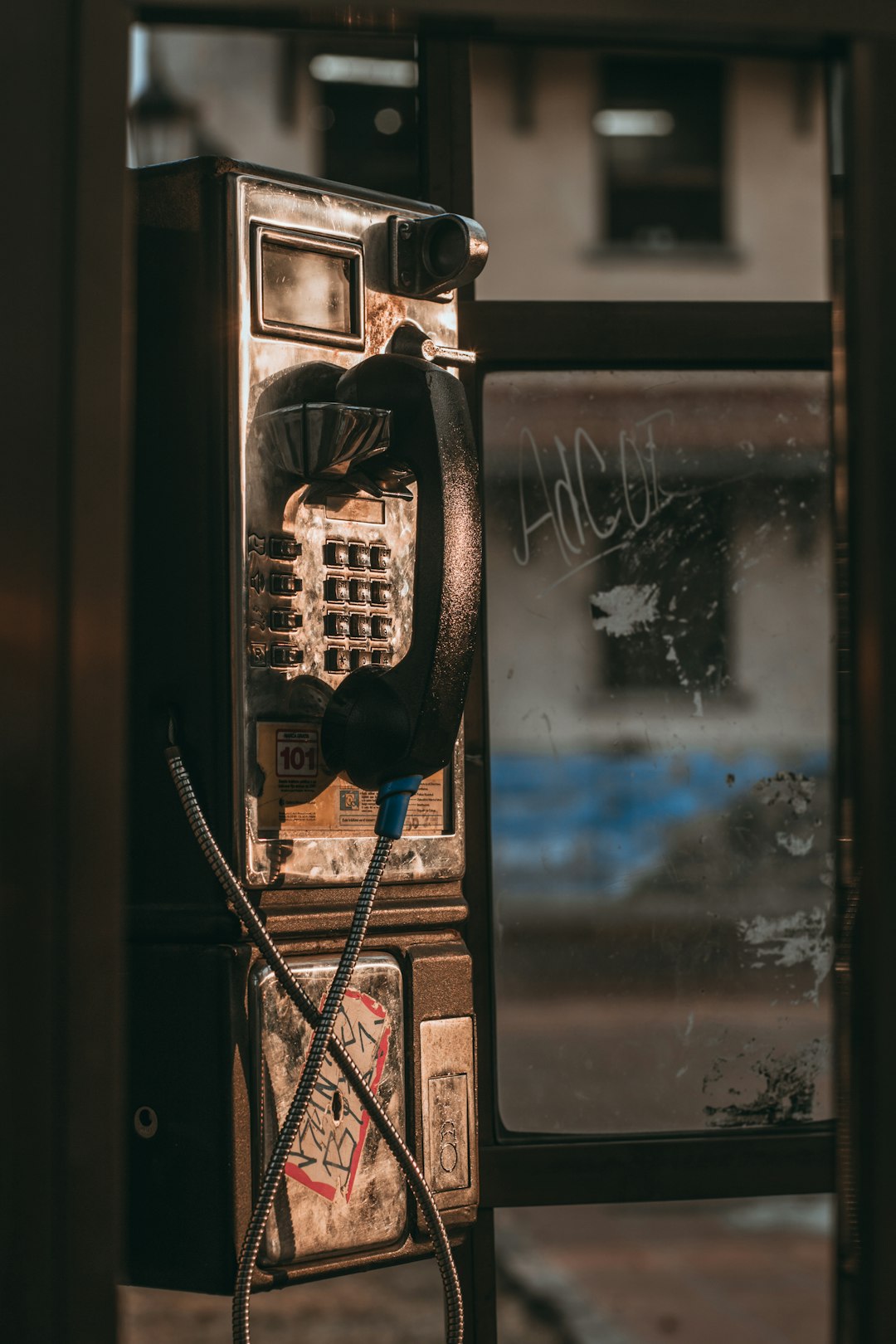In Kansas, residents face a persistent issue of robocalls and spam text messages, with both state (Kansas Do Not Call Law) and federal (TCPA) regulations in place. To combat this, specialized robocall lawyers and spam call law firms offer protection, guidance, and legal recourse for unwanted calls or violations. Individuals should register on the National Do Not Call Registry, use blocking apps, and consider consulting a robocall attorney in Kansas for tailored assistance and to ensure compliance with local robocall laws Kansas.
Tired of intrusive spam texts and robocalls cluttering your Kansas phone lines? Understanding your legal rights and implementing effective strategies is crucial to reclaiming control. This comprehensive guide equips you with the knowledge to navigate the complexities of robocall laws in Kansas, involving both federal and state regulations. Discover how a reputable robocall lawyer or spam call attorney from a spam call law firm in Kansas can assist in blocking unwanted calls and texts while exploring options for recourse.
Understanding Spam Texts and Their Legal Ramifications in Kansas

In today’s digital age, spam texts or robocalls have become a persistent nuisance, with many Kansans receiving unsolicited messages from unknown numbers. These automated calls often promote various products, services, or even fraudulent schemes. While some may be harmless, others can indicate potential legal issues, especially when they violate Kansas’ strict Do Not Call laws.
Kansas has implemented robust regulations to protect residents from intrusive robocalls and spam texts. The state’s Spam Call law firm and robocall lawyers play a crucial role in ensuring compliance with these regulations. Unauthorized robocalls or unwanted texts can lead to legal ramifications, including fines and other penalties. Therefore, it’s essential for Kansans to be aware of their rights and the available legal options if they encounter persistent spam calls or text messages from unknown sources. Engaging the services of a robocall attorney in Kansas can help individuals navigate these complex issues and take appropriate action against violators.
Your Rights: Dealing with Unwanted Robocalls and Text Messages

In Kansas, as in many places across the country, there are laws in place to protect consumers from robocalls and spam text messages. These unwanted communications can be disruptive and even harassing, but you have rights. The Kansas Do Not Call Law, enforced by the Kansas Corporation Commission, prohibits businesses from making automated or prerecorded phone calls (robocalls) to Kansas residents without their prior consent. Similarly, texting spam is illegal under the Telephone Consumer Protection Act (TCPA), a federal law that also restricts robocalls and provides consumers with legal recourse against violators.
If you’re receiving excessive or unwanted robocalls or text messages, you may want to consult a robocall lawyer in Kansas. Legal experts specializing in these matters can help you understand your rights under the spam call laws, file complaints with relevant authorities, and even seek compensation for any harm caused by these unauthorized communications. There are numerous robocall law firms in Kansas ready to assist residents in navigating these complex legal issues.
Effective Strategies to Block and Manage Spam Calls in Kansas

In today’s digital age, managing spam calls and text messages has become a ubiquitous challenge. Luckily, Kansas residents have several robust strategies at their disposal to combat this issue effectively. One of the first steps is to register for the National Do Not Call Registry, which, while primarily focused on telemarketers, can significantly reduce the volume of unwanted calls. Utilizing dedicated apps that block spam calls and texts is another powerful tool; these applications learn and adapt to identify and filter out nuisance calls.
For more tailored protection, consulting a robocall lawyer in Kansas or engaging a spam call attorney from a reputable law firm is recommended. These legal professionals can guide you through the state’s robocall laws, which, unlike federal regulations, offer additional safeguards against unsolicited communications. They can also assist in taking proactive measures, such as contacting the Federal Trade Commission (FTC) if calls persist or seeking legal recourse for violations of Kansas’ Do Not Call laws and spam call regulation firms.






